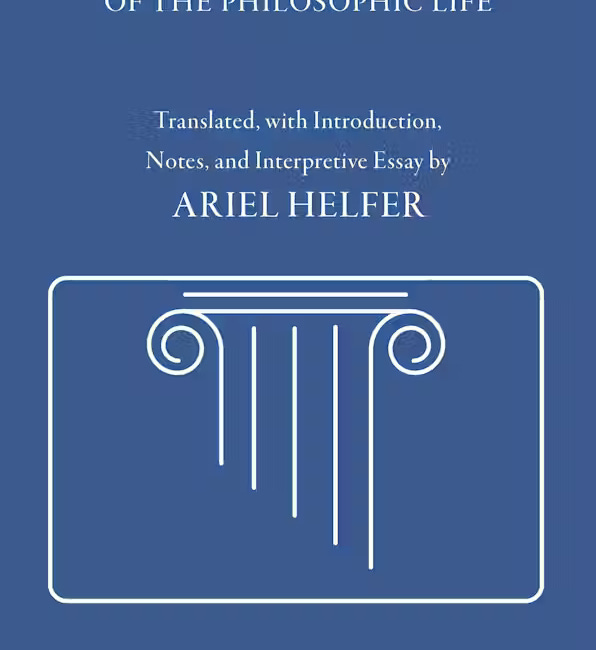Ariel Helfer on Plato's Letters
In the latest issue of the journal of the Acton Institute, I wrote about the academy, Plato, philosophy—on the occasion of a new translation of the Letters. Here’s a taste of some shocking statements:
We owe Ariel Helfer a good deal of gratitude for his latest effort, a translation of Plato’s Letters that brings to the American audience, for the first time perhaps, the only things Plato wrote in his own name, as opposed to philosophical theater in dialogue form, therefore almost the only thing of an autobiographical character we have concerning the most famous philosopher of all time. But as soon as we say this much, we’re in for a shock: How is it that our academics have not yet studied to death this unique resource? Why don’t we concern ourselves with it whenever we assign Plato’s Republic or the Symposium or the Apology of Socrates to students, indeed to all interested readers?
Here the trouble begins. If Helfer is to help us, he must indict his chosen academic profession for negligence & arrogance. To wit, the opening sentence of his volume: “Consensus eludes scholars on every aspect of Plato’s Letters.” Aren’t scholars supposed to achieve expertise through specialization? Does not that assume that their contributions are commensurable, corporately evaluated for clarity & truth, until a body of doctrine or teaching can be established & progressively added to? If they cannot reach a persuasive consensus, why are scholars bothering with nonsense, and why are we all paying for it?
Helfer’s is the politeness of a courageous scholar and shows more daring than I could summon. He means that his profession is a joke; his politeness is owed, ultimately, to the opportunity two centuries of failure to study Plato well have created for us. In the past 200 years, scholars have taken to reorganizing the Platonic corpus to fit Progressive prejudices, getting rid of the traditional nine tetralogies (groupings of the 35 dialogues & the Letters, ironically imitating the groupings of tragic trilogies with a satyr play at the end, the convention at the Athenian tragic festival). To add injury to insult, scholars then proceeded to declare various dialogues & letters spurious, with no ancient authority for this modern usurpation, caused by a certain bashfulness at what these proscribed works might show.
You can read the whole review here.
You can also listen to Helfer talk about his research, translation, & thinking on Plato.
Also, last summer our own Carl Eric Scott wrote about this new translation:
Plato’s Epistolary Novel?
A recent book you may want to check out is Plato’s Letters: The Political Challenges of the Philosophic Life, by Ariel Helfer, of Wayne State University. It’s the latest volume in the acclaimed Agora Editions, providing a new translation of the thirteen letters by—or as the usual scholars say, “attributed to”—Plato, as well as an interpretive essay an…




